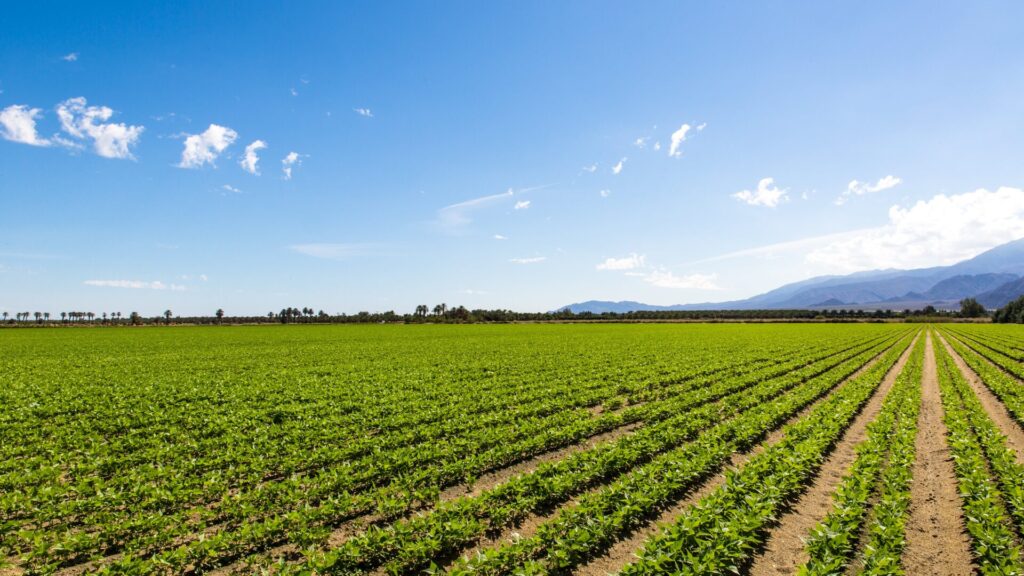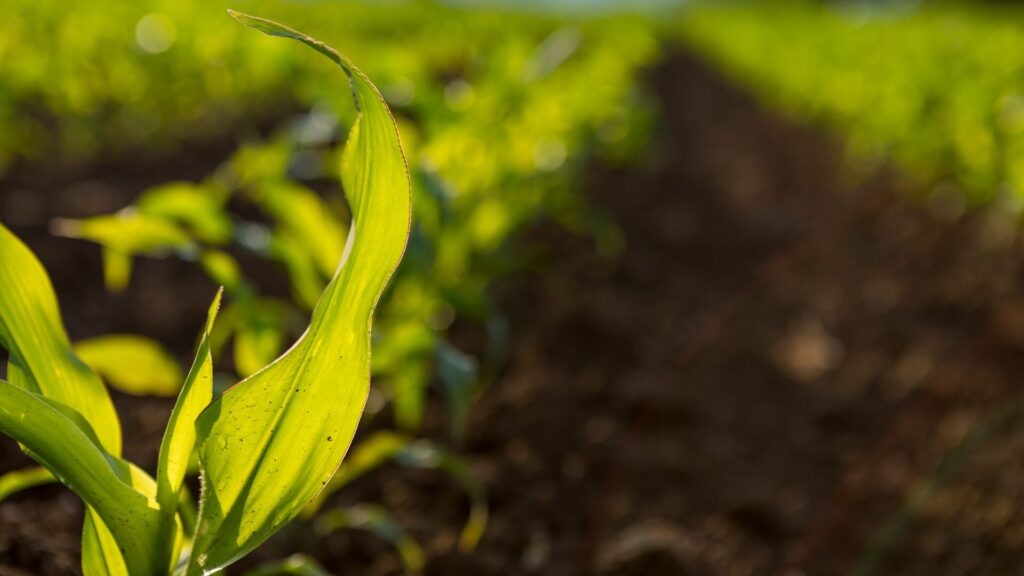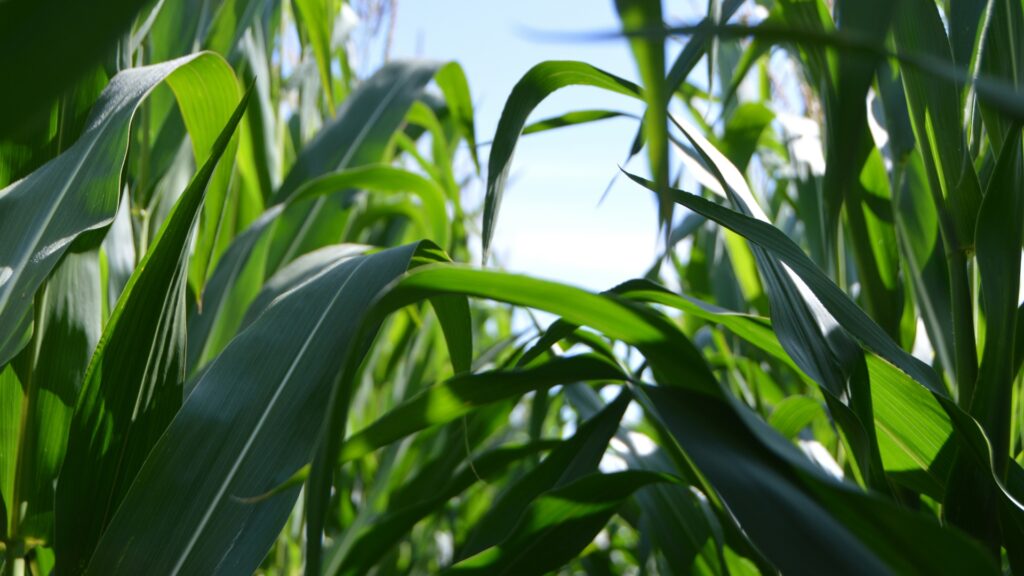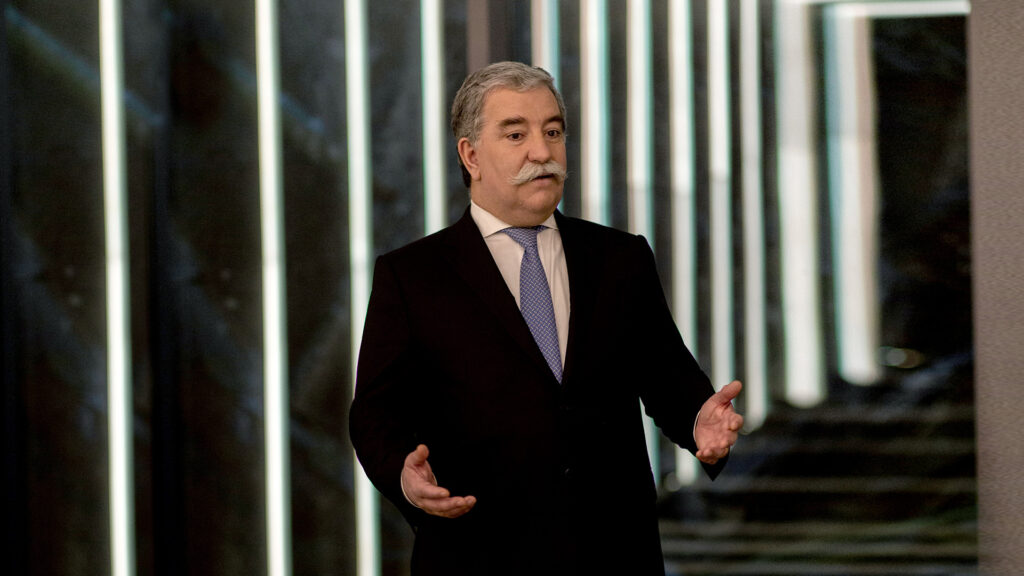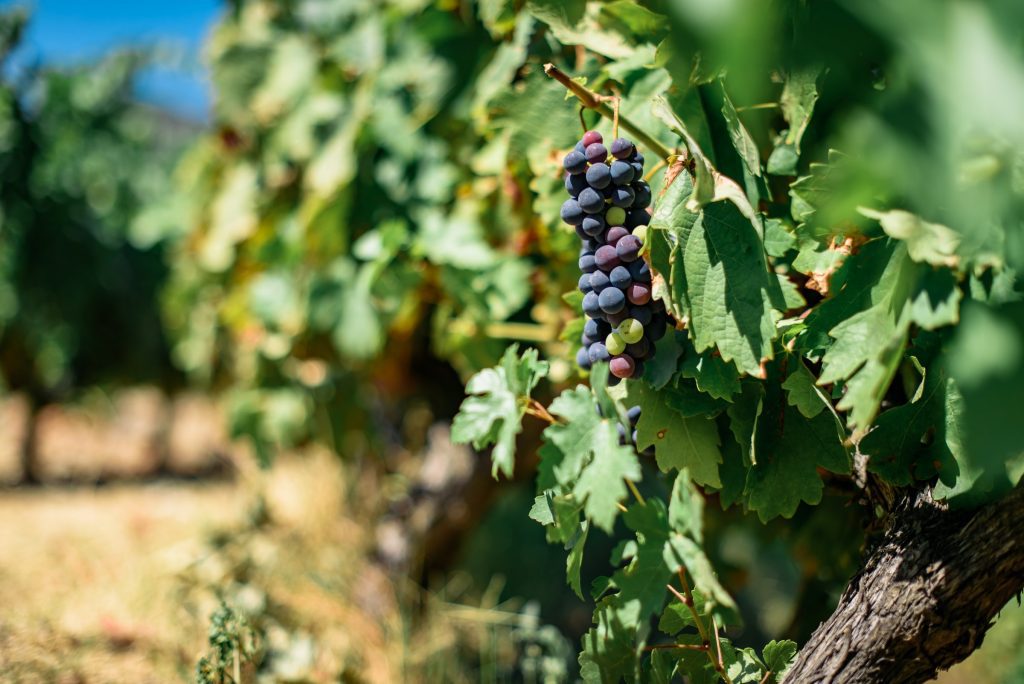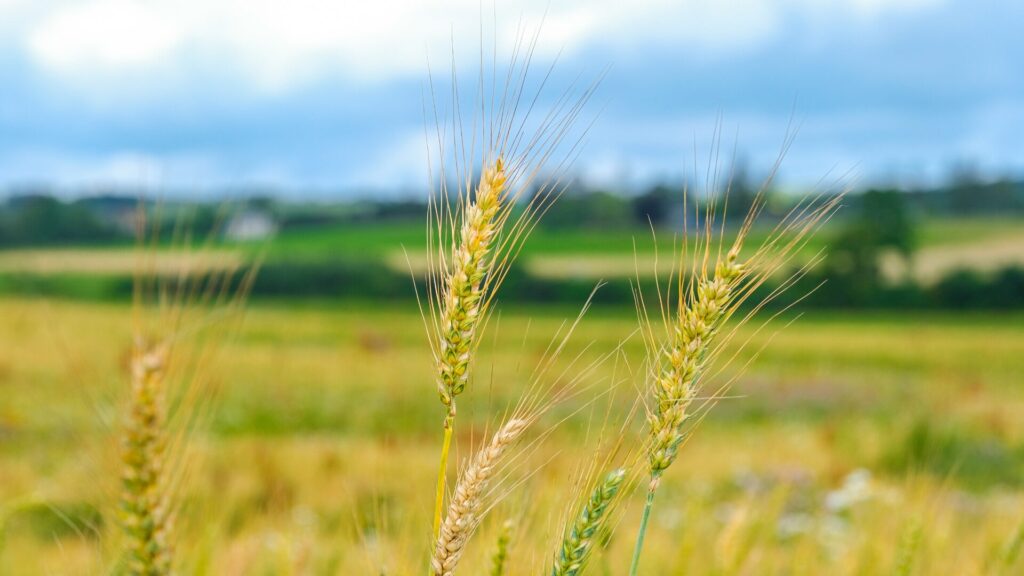07.05.2025
Industries: Agrofood
Legal Field | 16 – 30 April
The EU pledged to invest more than 300 million euros in ocean conservation efforts at the “Our Ocean” Conference in Busan
On 29 April, at the “Our Ocean” Conference in Busan, Republic of Korea, the European Union announced funding of 301,485,000 euros to support actions in the fields of the sustainable blue economy, marine pollution, marine protected areas, digital oceans, sustainable fishing and oceans and climate change.
This year’s conference, which celebrates its 10th anniversary, will present the achievements and best practices arising from the voluntary commitments made by the global ocean community over the last decade.
Under the theme “Digital Oceans”, the conference will meet to explore the intersection between technology and ocean conservation.
EU report highlights successes and challenges in eradicating longhorned beetles
The European Commission has published a new report detailing the situation and the control measures implemented in response to the outbreaks of the Asian lady beetle and the citrus beetle, two priority pests subject to quarantine in the EU.
These invasive species pose a significant threat to more than 100 plant species, including ornamental and forest trees, causing rapid plant death. However, the report concludes that effective control measures can successfully eradicate outbreaks, even in areas with persistent infestations.
The report emphasises the importance of swift action, noting that delays in culling and destroying infested plants could facilitate the spread of the Asian beetle, leading to new outbreaks.
The Commission’s report provides valuable information on the management of these high-risk pests, emphasising the need for rapid and effective control measures to protect EU plant health.
(See Documents and studies)
April MARS Bulletin from the European Commission’s Joint Research Centre
According to the April edition of the MARS Bulletin – Crop Monitoring in Europe, there are two clearly different situations across the continent. In Central and Northern Europe, drought conditions prevail, resulting in soil moisture deficits that can negatively affect the development of winter crops. By contrast, southern Europe has benefited from abundant rainfall, which has improved soil moisture and increased crop yield prospects.
Sowing is progressing across the EU, with spring barley and sugar beet sowing almost complete in many countries, while maize and sunflower sowing is underway. In Central and Eastern Europe, a combination of cold waves and recent rainfall has delayed the sowing of spring and summer crops. In general, while the dry conditions have been welcome for sowing, additional rainfall is now needed to support the emergence and initial growth of crops.
Yield prospects remain reasonable in Europe, with Spain and Romania expecting above-average yields, while our forecast remains well below average in the western Maghreb region and eastern Ukraine due to persistent drought.
This month’s bulletin features an extended section on Turkey, where the development of winter and spring crops is affected by cold waves and a lack of rainfall during the winter period, reducing yield prospects.
(See Documents and studies)
INE’s Monthly Bulletin of Agriculture and Fisheries for April
According to the latest bulletin from the National Statistics Institute, agricultural forecasts on 31 March pointed to a normal cereal campaign, although some crops were beginning to show symptoms of root asphyxiation.
On the other hand, the heavy rainfall also affected top dressing and fungicide application.
Potato planting has been delayed due to the excessive rainfall that soaked the soil
(More information – namely on Livestock, poultry and rabbits slaughtered, Poultry and egg production, Milk and dairy products production, Fish caught, Prices and agricultural price indices – available in Documents and studies)











